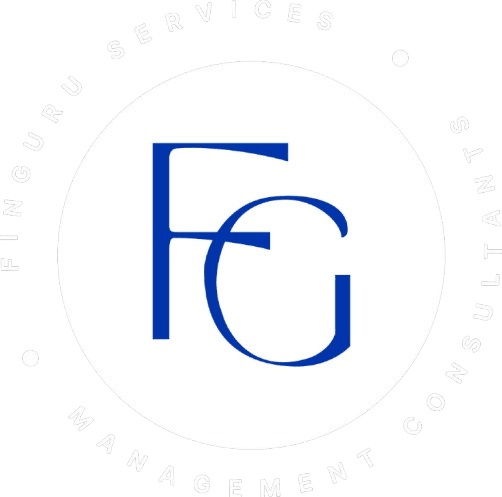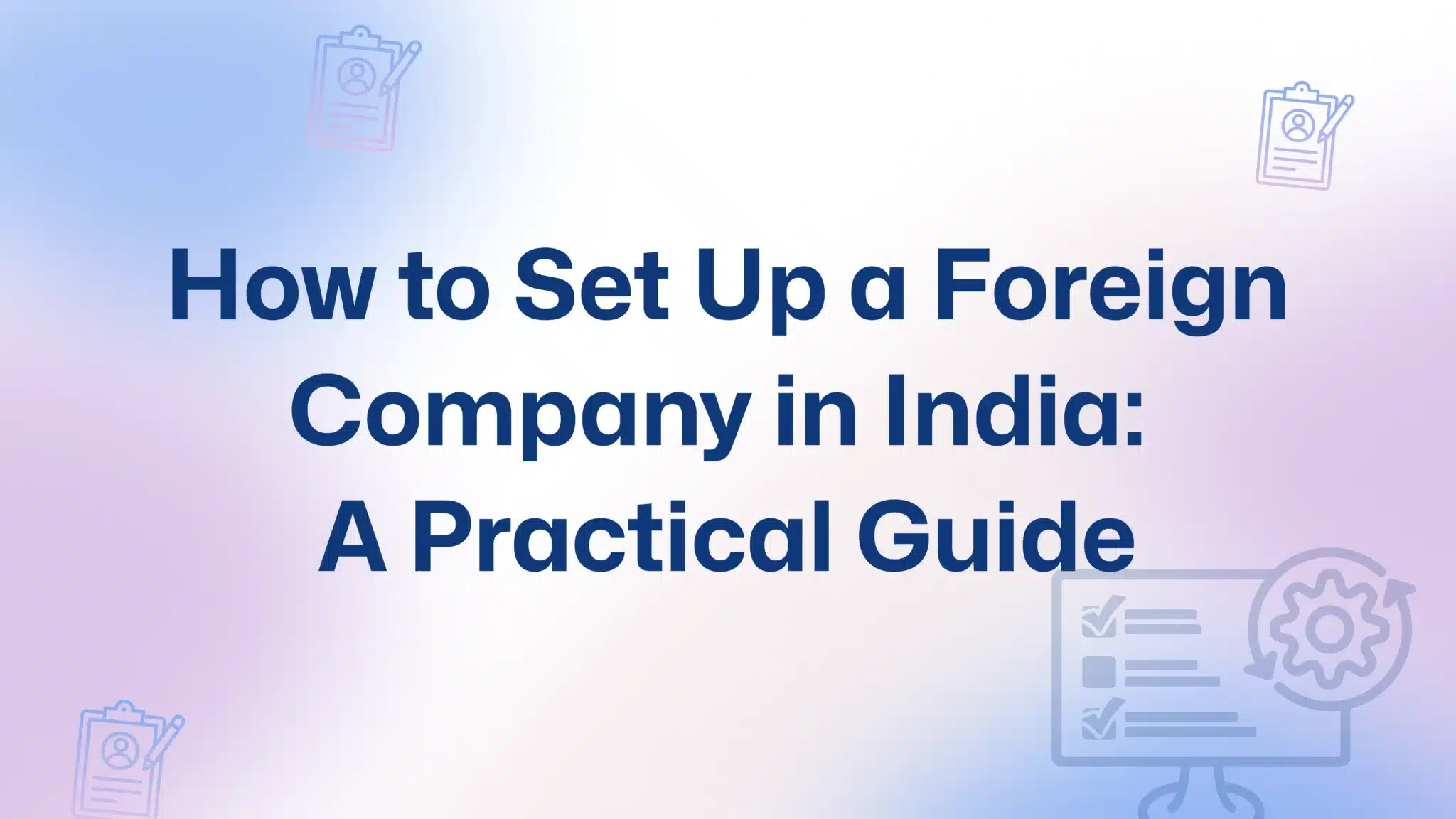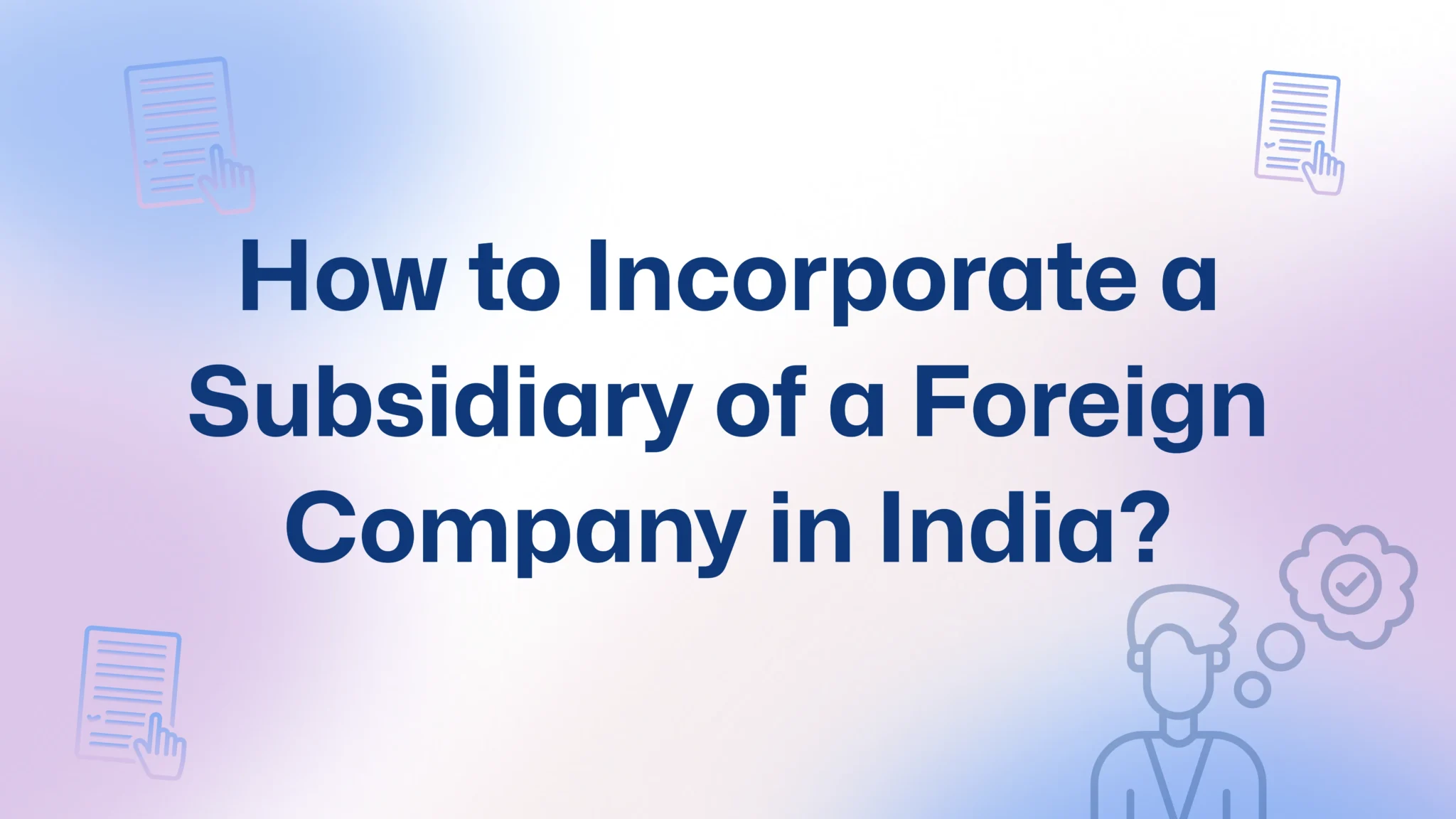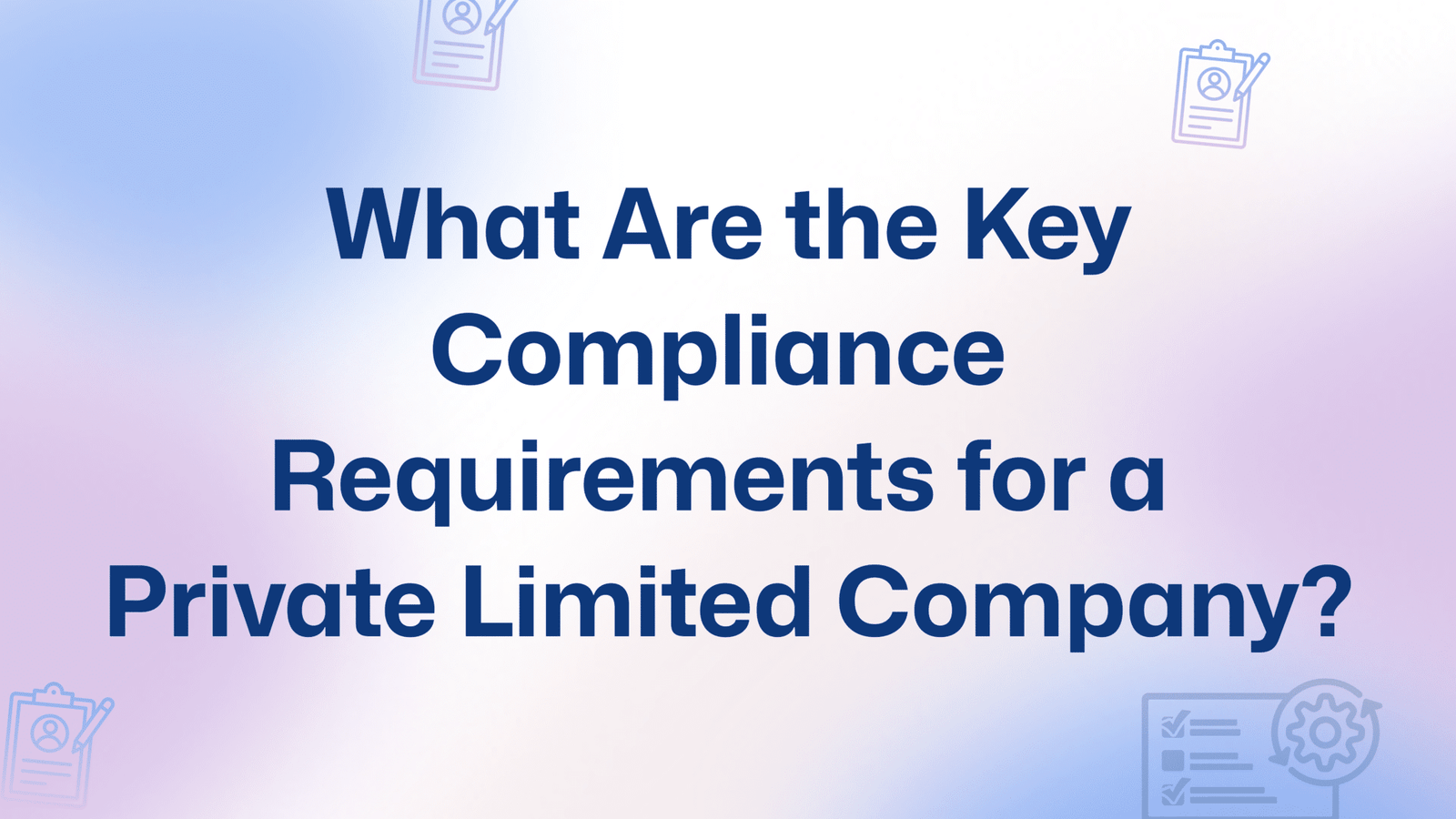If you run a business, hiring a CFO is one of the most important decisions you’ll make for long-term success. A perfect CFO will help drive the company toward your vision and will provide you with the leadership and guidance required for the team.
In this blog, you will find ways to choose the perfect CFO, which can be beneficial for your company.
There are a few points to keep in mind while choosing CFO.
Problem solver
The major role of a CFO is to solve any problem regarding finance. A CFO is in charge of the wealth of the business, and there are always limited resources, and everybody wants more, rightfully so. Here is how a CFO comes up with a strategy and creates a path in which every department of the company can work effectively without thinking about the limitations of the budget.
The right approach to adopt
Being a CFO, the person should have a broad knowledge of the market as to what things are working in today’s time and what can be revolutionary in the future so that the company invests in the right things for the greater good. Your business needs a financial strategy that will succeed. “The best CFOs are the ones who create a vision and strategy and then roll their sleeves up and get to work,” says Epstein.
Understanding of business
A CFO will be able to make the decision only when he/she has a deeper understanding of the business. He must be well-versed in all aspects of the business. A perfect CFO is not responsible for signing off the financial statements; the company needs comprehensive business knowledge and a growth-driven approach. It is crucial to ensure that accounting principles are followed.
Strategic and innovation skills
Another important financial leadership characteristic is the ability to identify opportunities and drive change, such as adapting the organization’s business model to new technologies and markets. This is a more advanced skill than a seasoned CFO. They are more likely to bring it to the table because it is dependent on broad industry knowledge and the use of metrics and data they can trust.
Finding ways to fund such initiatives necessitates ingenuity. Return on capital, return on investment, profit and loss statements, balance sheet valuations, and other traditional measures of success will not suffice. A strong CFO, on the other hand, will be able to identify needs, set clear goals, and implement impactful, long-term changes to daily operations – rather than simply making changes for the sake of change.
Risk Management skills
Risk management should be the foundation for all other skill sets possessed by a CFO. There are numerous risks associated with doing business. They are caused by disruptive technology, competitors, cost-cutting measures, or even your efforts to avoid going out of business.
A good chief financial officer will be able to identify and mitigate these risks. They will assist the CEO and other members of the leadership team in understanding their risk tolerances and boundaries, particularly when it comes to financial management.
Communication skills
Understanding communication styles is only one aspect of a CFO’s communication skills. In small to medium-sized businesses, the CFO frequently serves as the company’s spokesperson. If the CEO is not available, they may need to explain the company’s performance in the context of the larger picture when publishing a quarterly report. Finance executives may also be asked to give speeches or participate in panels or forums.
It is also critical for CFOs to communicate effectively with their staff. They must establish clear priorities, motivate everyone, and ensure that their work is in line with the company’s mission, strategy, and objectives.
Conclusion
The CFO will be a trusted advisor to the company. So it’s crucial to take your time in finding the right talent, a cultural fit, and a financial arrangement that works for you.
Working with a fractional CFO is the best solution. Fractional CFOs can provide the financial expertise you require at a lower cost until you hire full-time. We at FinGuru India provide all the services regarding finance and accounting, including virtual and fractional CFOs.










